How to Prevent Rust and Corrosion in Humid Climates
Highlights:
- Humidity accelerates rust formation by promoting oxidation on metal surfaces.
- Protective coatings, regular washing, and undercarriage treatments reduce corrosion risk.
- Garage parking and climate-control measures help protect vehicles in humid regions.
- Waxing, detailing, and inspections can prevent long-term metal deterioration.
- TLS Auto Specialist offers professional rust prevention and maintenance services in Euless, TX.
Understanding the Impact of Humidity on Vehicle Rust
High humidity creates the perfect conditions for oxidation—the chemical process that leads to rust and corrosion. When moisture combines with oxygen and salt particles from the air or road surfaces, it reacts with the iron in metal, weakening its structure over time. In coastal or humid environments like Texas, this process accelerates dramatically. According to MDPI, high humidity, elevated temperature, and high salt-ion exposure significantly reduce corrosion resistance of automotive-grade steel in marine atmospheric conditions. Recognizing how humidity impacts metal is the first step to protecting your vehicle.
Protective Coatings and Paint Maintenance
Maintaining a high-quality paint layer acts as your car’s first line of defense against rust. Waxing your car regularly creates a barrier that prevents water from penetrating the paint and reaching the metal beneath. Modern sealants and ceramic coatings provide additional protection by repelling water and reducing the effects of UV exposure. Even small chips in the paint can quickly develop into rust spots if left untreated. According to the Alaska Department of Transportation & Public Facilities, barrier-protective coatings (like waxes and sealants) help prevent contact between moisture, salt and vehicle metal surfaces — reducing corrosion risk through exclusion of water and salts.
Undercarriage Protection and Cleaning
The underside of a vehicle often takes the brunt of moisture, dirt, and debris. Regular undercarriage cleaning removes trapped mud and salt that hold moisture against metal components. Many auto shops offer undercoating services that add a durable protective layer to prevent rust formation. In humid environments, this can make a major difference in extending your vehicle’s life span. For Texas drivers, frequent rain and wet roads make it especially important. TLS Auto Specialist in Euless, TX provides professional undercarriage cleaning and corrosion-resistant treatments designed for local driving conditions.
FAQ
How often should I wash my car in humid weather?
At least once every two weeks, and more frequently after rain or coastal exposure, to remove moisture and salt residues.
Is undercoating worth the cost?
Yes—especially for cars driven in areas with high humidity, as it adds years to the vehicle’s frame and suspension life.
Does wax really prevent rust?
While wax doesn’t stop rust completely, it acts as a critical moisture barrier that delays the oxidation process.
Choosing the Right Cleaning Products
Selecting the right products for car washing and detailing can help combat corrosion. Use pH-balanced soaps that remove contaminants without stripping protective coatings. Avoid harsh detergents or automatic car washes with stiff brushes that can scratch paint. Applying a water-repellent spray to your car’s exterior can also minimize the time moisture stays on the surface. According to Car and Driver, using car-specific soaps (especially pH-balanced ones) preserves existing wax or sealant layers and ensures hydrophobic protection remains intact, thereby reducing the vehicle’s surface exposure to moisture and thus lowering corrosion risk.
Parking and Storage Considerations
Where you park your car has a huge influence on how quickly it rusts. Parking in an enclosed or covered area helps limit exposure to moisture, dew, and salt-laden air. Using a dehumidifier or silica gel packs in your garage can further reduce condensation buildup. For vehicles parked outdoors, consider using a breathable car cover—non-breathable covers can trap moisture against the surface. Even simple practices like wiping down the car after a rainstorm can slow down corrosion. These small steps add up to long-term protection, particularly in humid places like Euless, TX.
Inspecting and Treating Vulnerable Areas
Certain areas of your car are more susceptible to rust than others, such as wheel wells, rocker panels, door seams, and the trunk floor. Regular inspection helps detect early signs of corrosion before it spreads. Applying rust inhibitors or sprays in these zones strengthens resistance. Pay attention to small scratches or dings—they can become rust hotspots if ignored. Promptly treating paint damage and applying touch-up paint can stop most corrosion from developing into serious structural issues.
FAQ
Which parts of a car rust first?
Undercarriages, wheel wells, and door sills typically rust first due to constant moisture exposure.
Can I prevent rust completely?
Not entirely, but consistent maintenance and protective coatings can slow the process dramatically.
What’s the best climate control for car storage?
Keep humidity levels below 50% and ensure air circulation to prevent condensation.
Rust Prevention for Electrical and Mechanical Components
While body panels show visible rust, hidden corrosion in mechanical and electrical parts can be just as damaging. Connectors, bolts, and brake lines often corrode quietly, leading to safety issues or component failure. Using dielectric grease on electrical connections helps protect them from moisture. For mechanical parts, anti-seize compounds and rust-resistant lubricants are essential. Routine inspections at a certified service center can identify corrosion-prone components before problems arise, saving both time and money on future repairs.
Climate-Specific Maintenance Routines
Drivers in humid climates should adjust their maintenance schedules to include more frequent inspections, cleaning, and reapplication of protective coatings. After heavy rainfall or storms, rinsing your vehicle with fresh water removes acidic residues. It’s also wise to avoid parking on grass or dirt surfaces, which retain moisture and promote rust underneath. For long-term storage, lightly oiling exposed metal components can offer additional protection. Over time, these habits become second nature for car owners who want to preserve their investment.
Long-Term Effects of Corrosion
Rust doesn’t just affect appearance—it can weaken a car’s structure, compromise safety, and lower resale value. Left untreated, corrosion spreads beneath paint layers and into vital parts such as brake lines or frame rails. In severe cases, repairs can become more expensive than the vehicle’s worth. Regular rust prevention not only saves money but also extends your car’s lifespan by several years. Investing in preventive care today avoids costly restoration later and keeps your car safer on the road.
FAQ
Can humidity cause rust on newer vehicles?
Yes—while modern materials are more resistant, prolonged humidity can still cause oxidation over time.
Is ceramic coating better than waxing?
Ceramic coatings last longer and provide a stronger barrier, though they require professional application.
How do I know if my car already has hidden rust?
Look for paint bubbling, rough patches, or orange dust near seams and undercarriage components.
Professional Help and Ongoing Care
If rust has already started forming, seeking professional assistance is crucial. Expert technicians can remove oxidation, apply rust converters, and refinish affected areas properly. At TLS Auto Specialist in Euless, TX, technicians use specialized equipment and protective coatings tailored to Texas’s humid climate. With professional maintenance, you can keep your car structurally sound and visually appealing. Regular care and attention ensure your vehicle remains safe, reliable, and corrosion-free even in challenging weather conditions.
Protecting Your Vehicle in Humid Conditions
Preventing rust in humid climates requires diligence, but it’s well worth the effort. Simple steps like washing regularly, waxing, and parking in covered areas can dramatically extend your car’s lifespan. Combining home maintenance with periodic professional inspections builds a solid defense against moisture-related damage. Whether you’re driving along coastal roads or through humid Texas summers, a proactive approach to rust prevention keeps your vehicle strong, safe, and valuable for years to come.
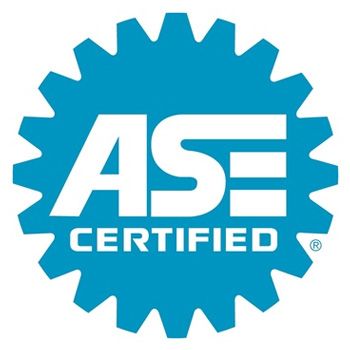

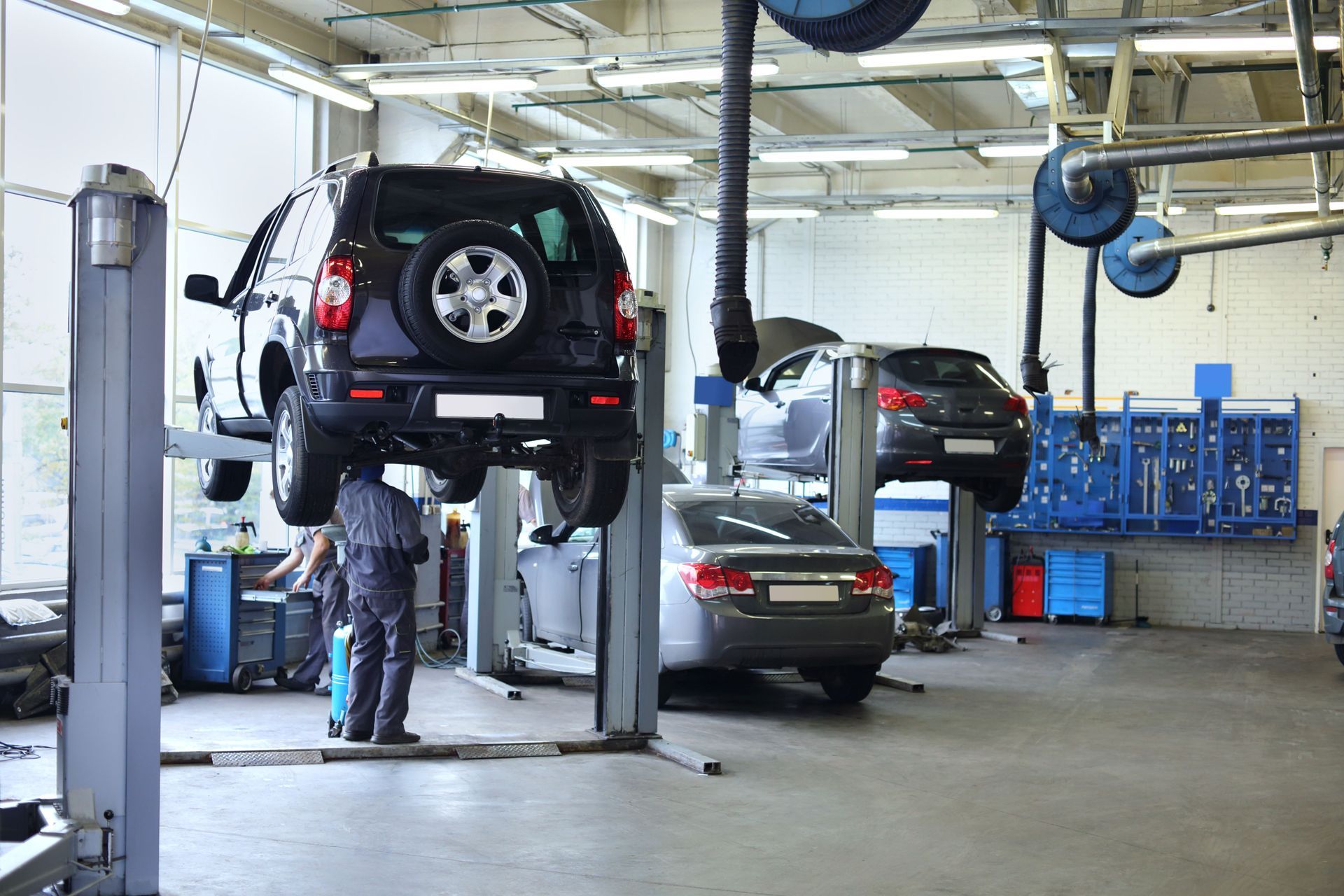
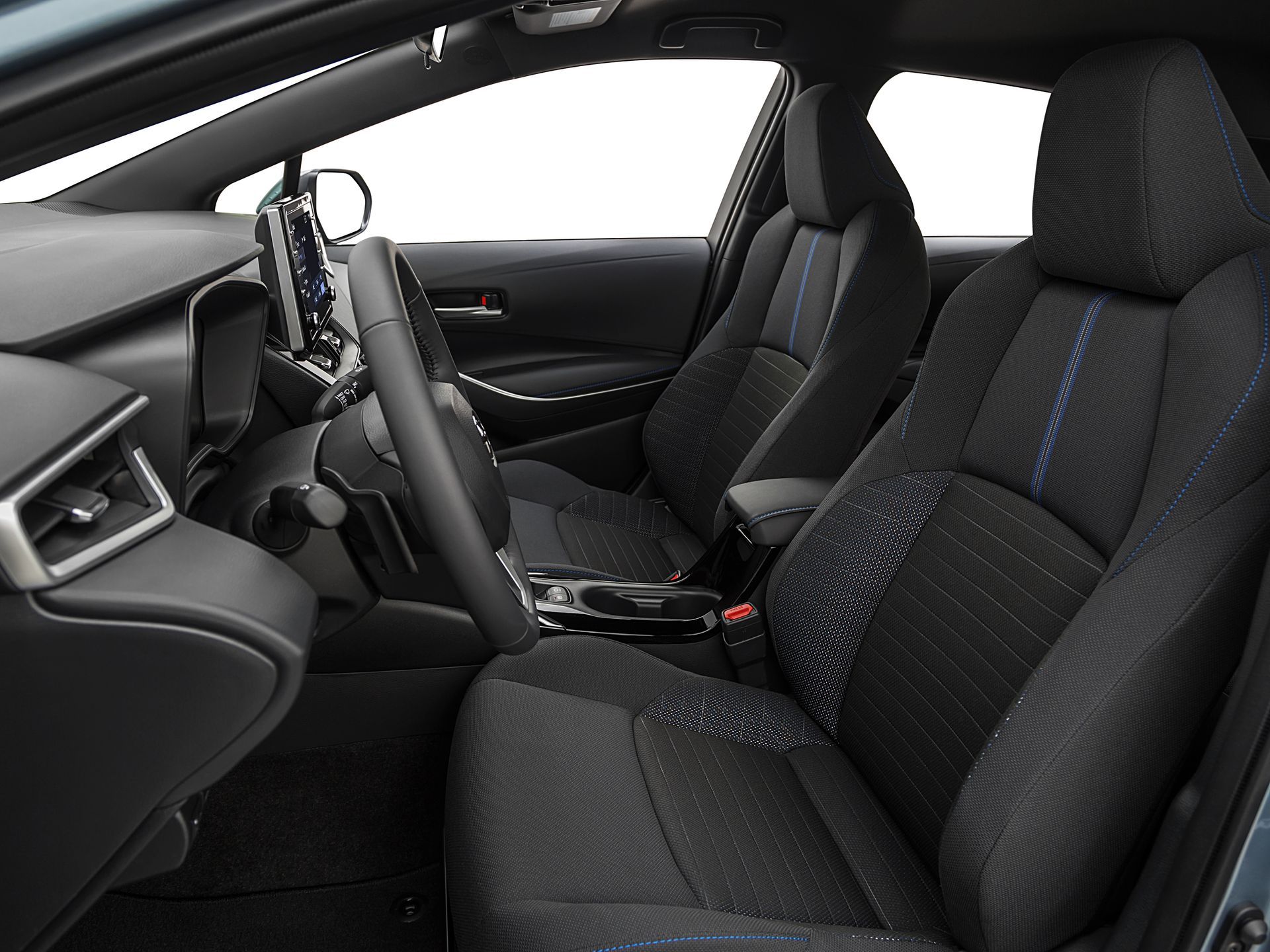
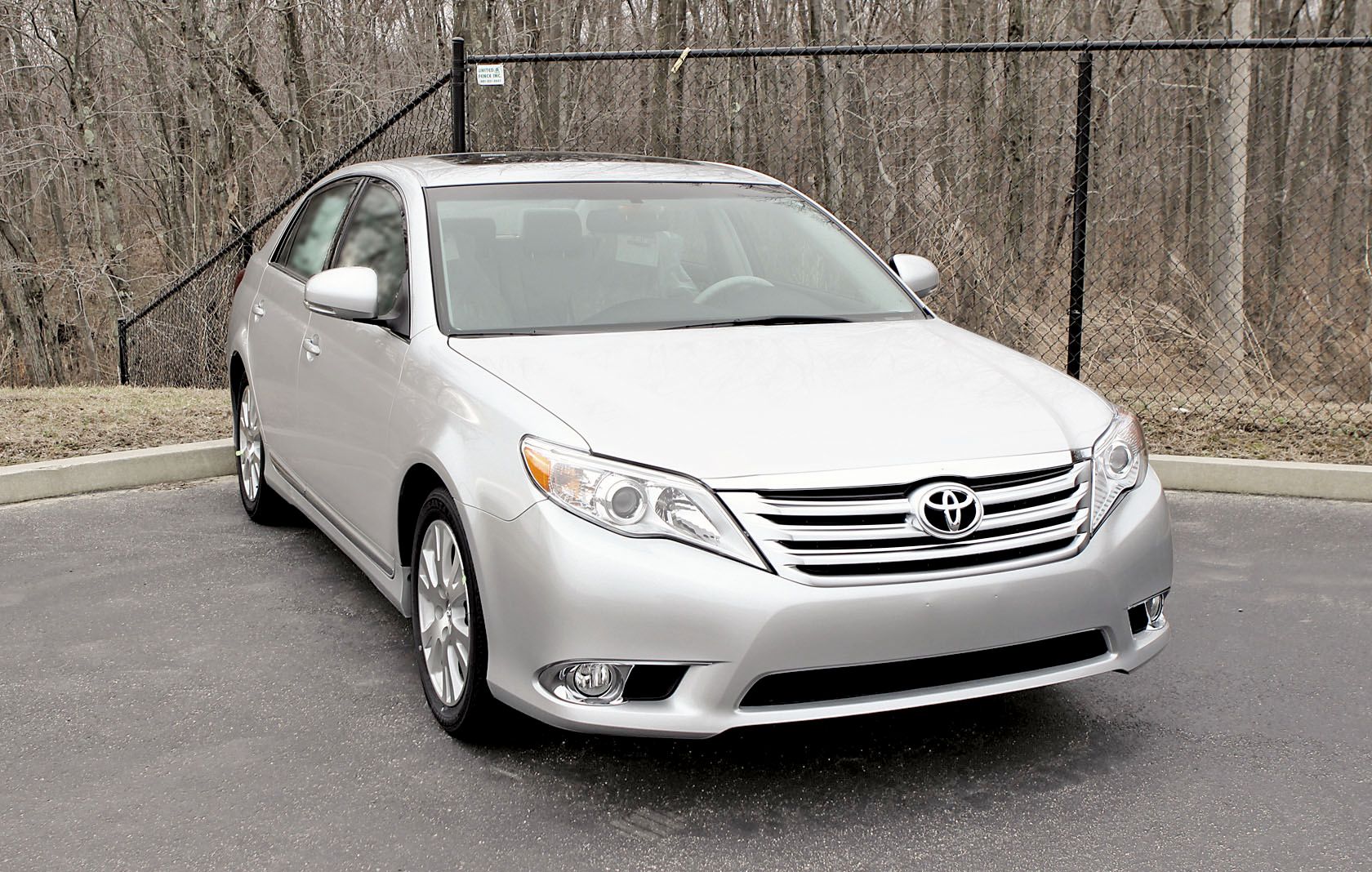
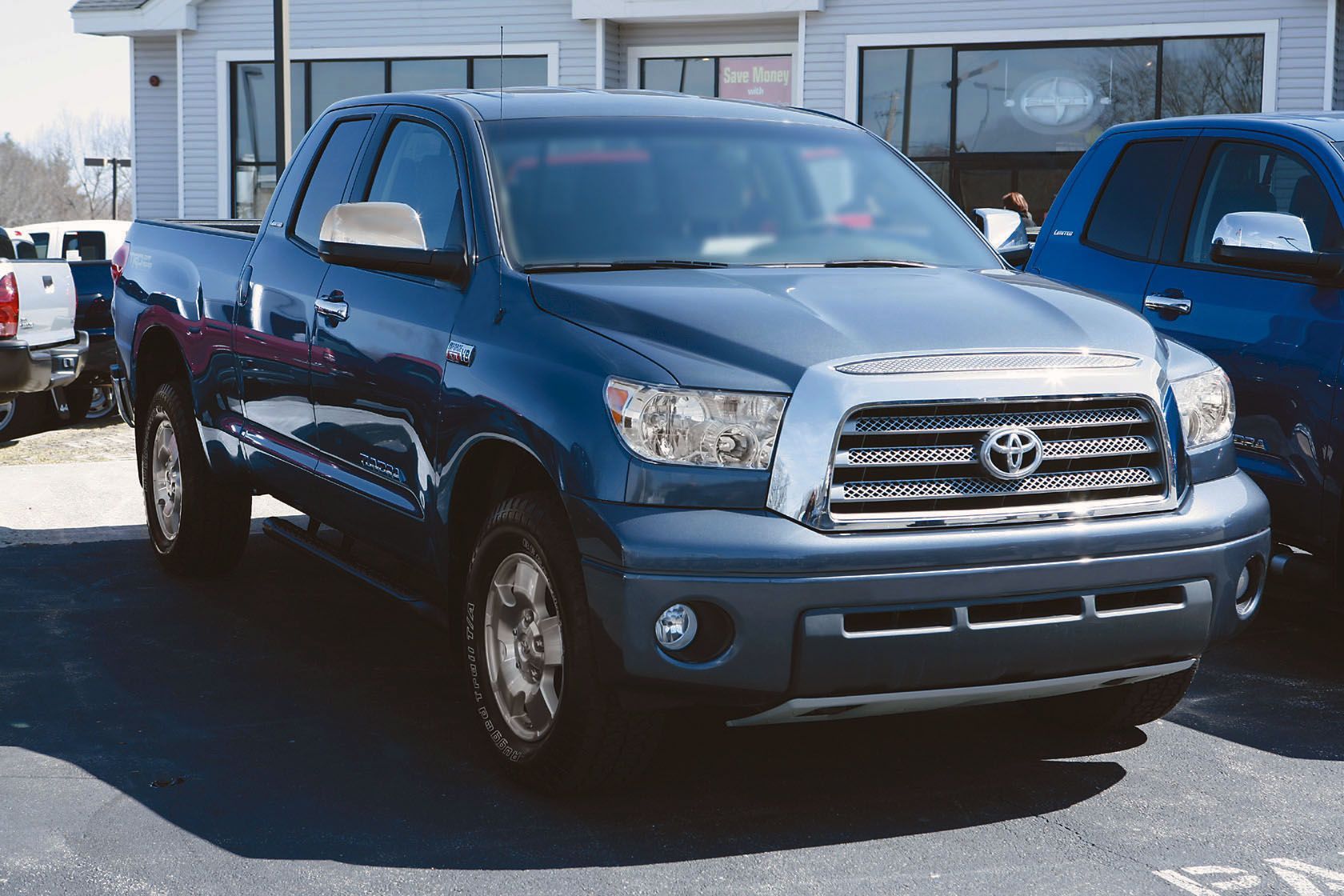
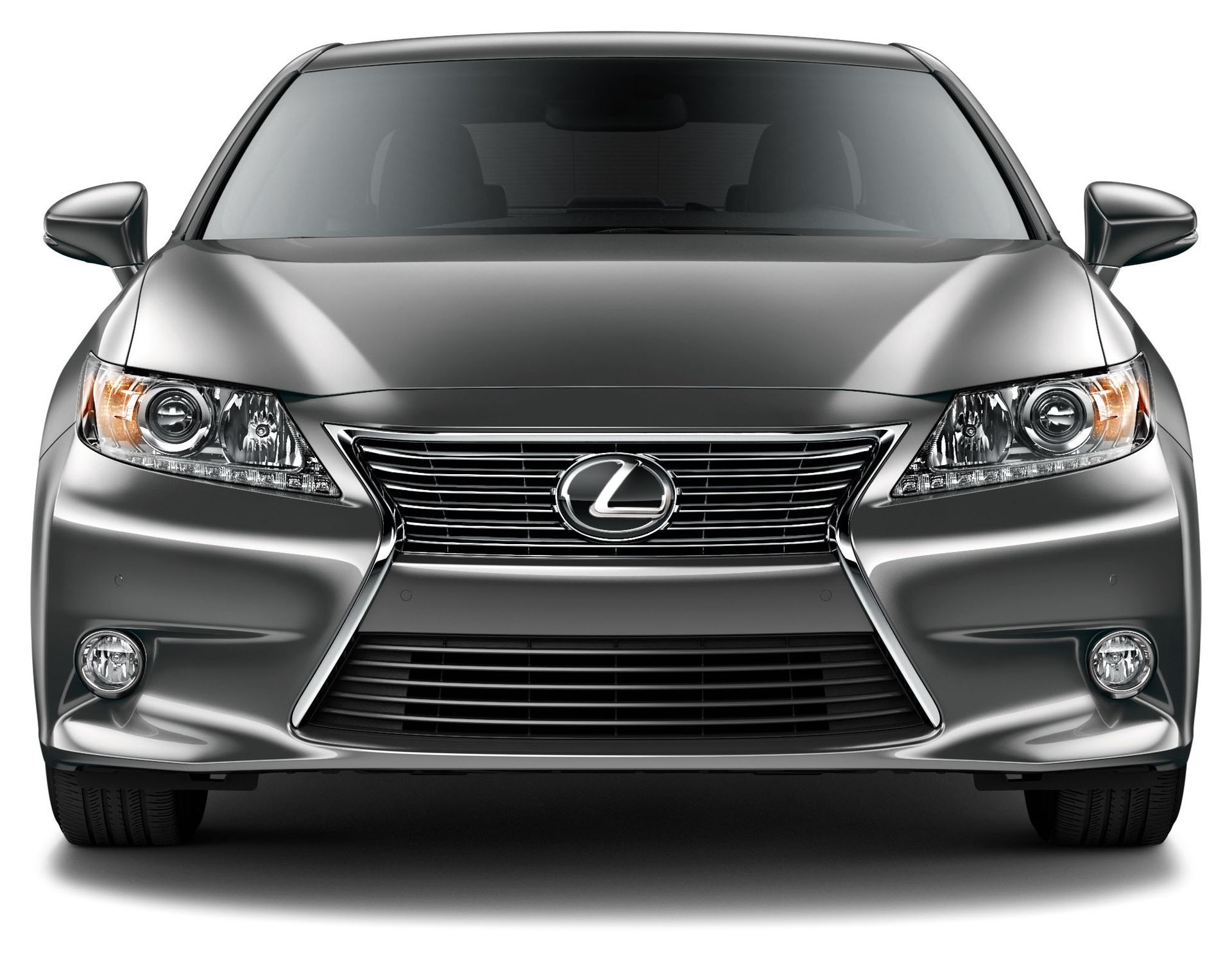
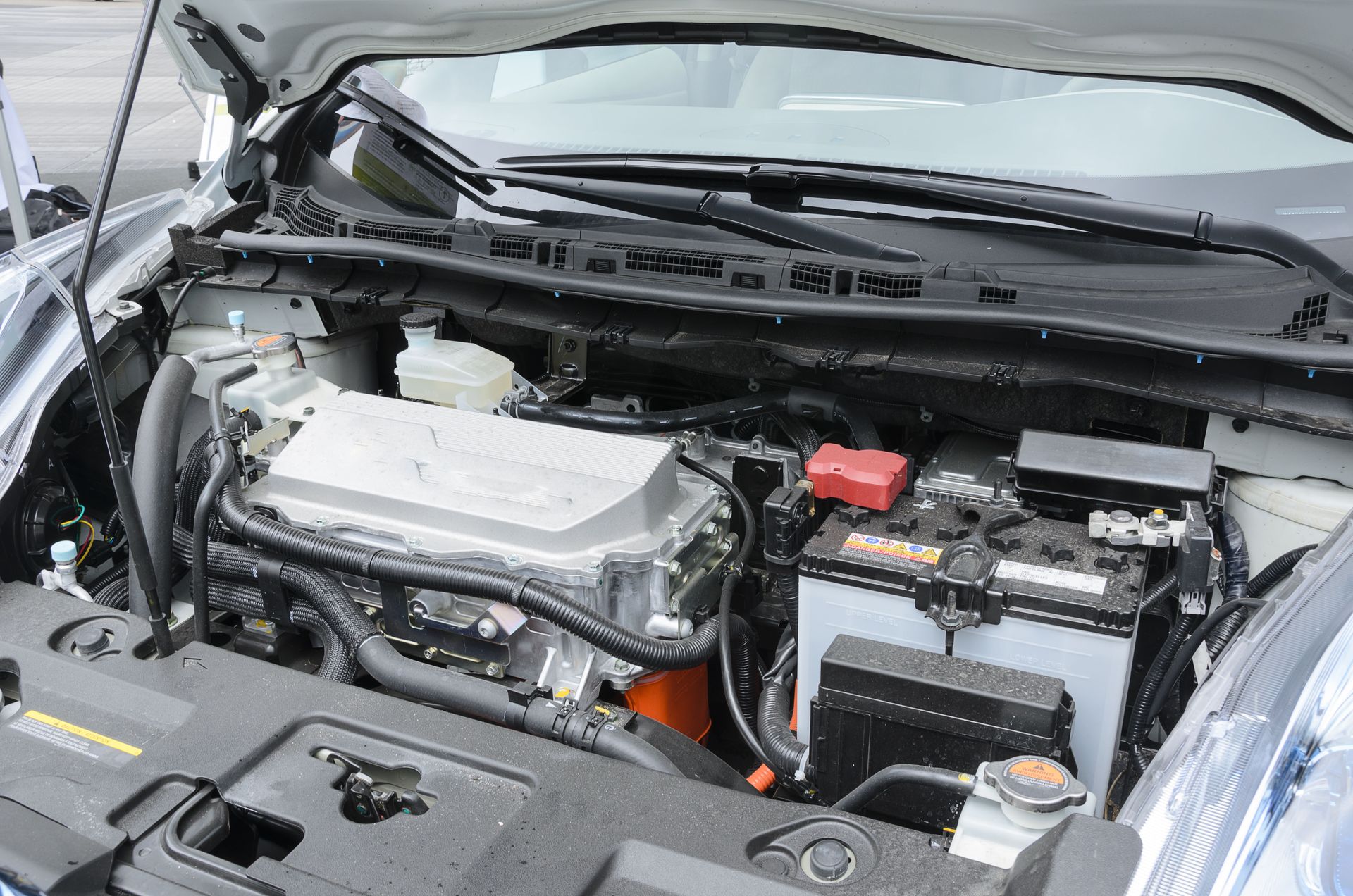
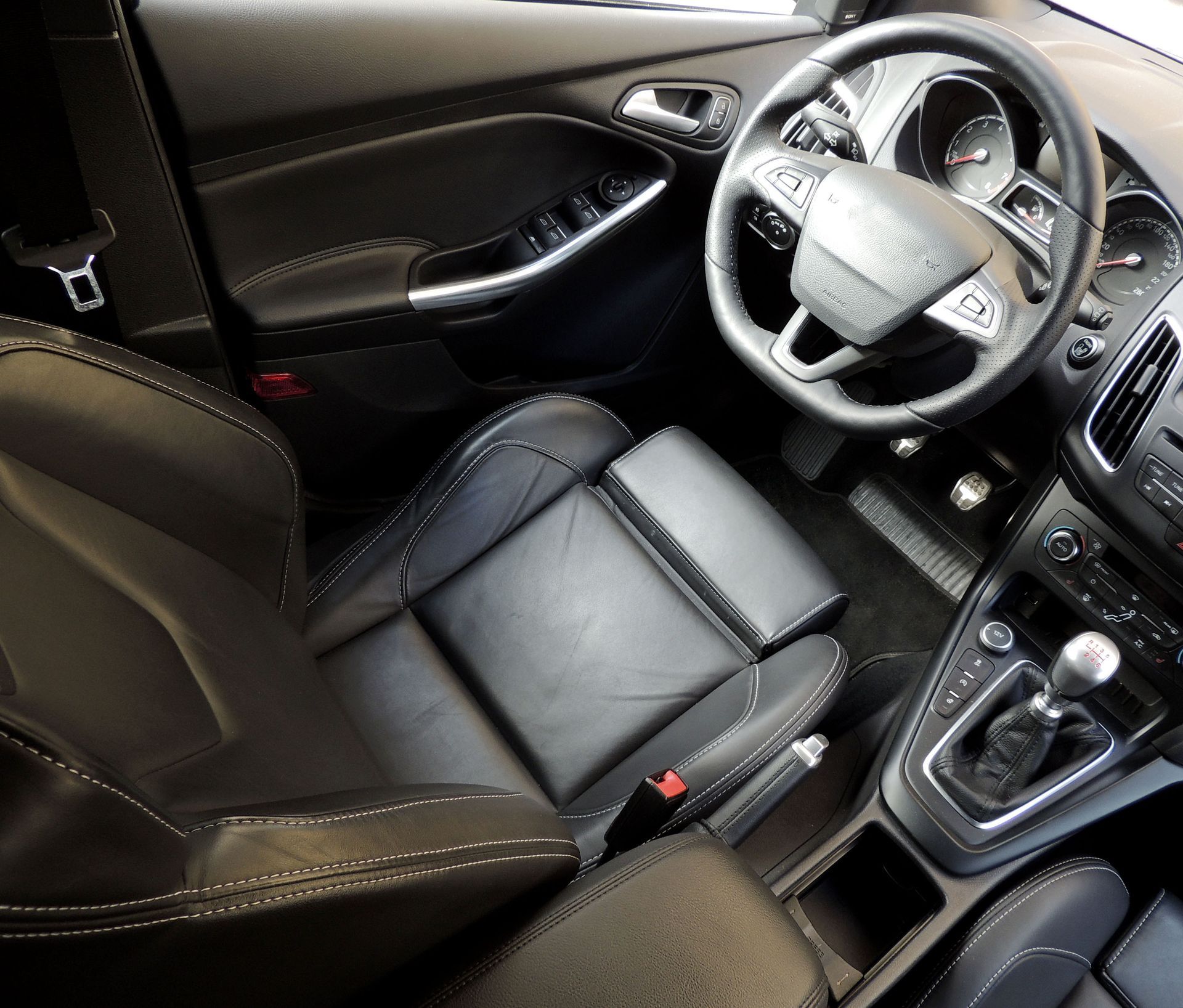
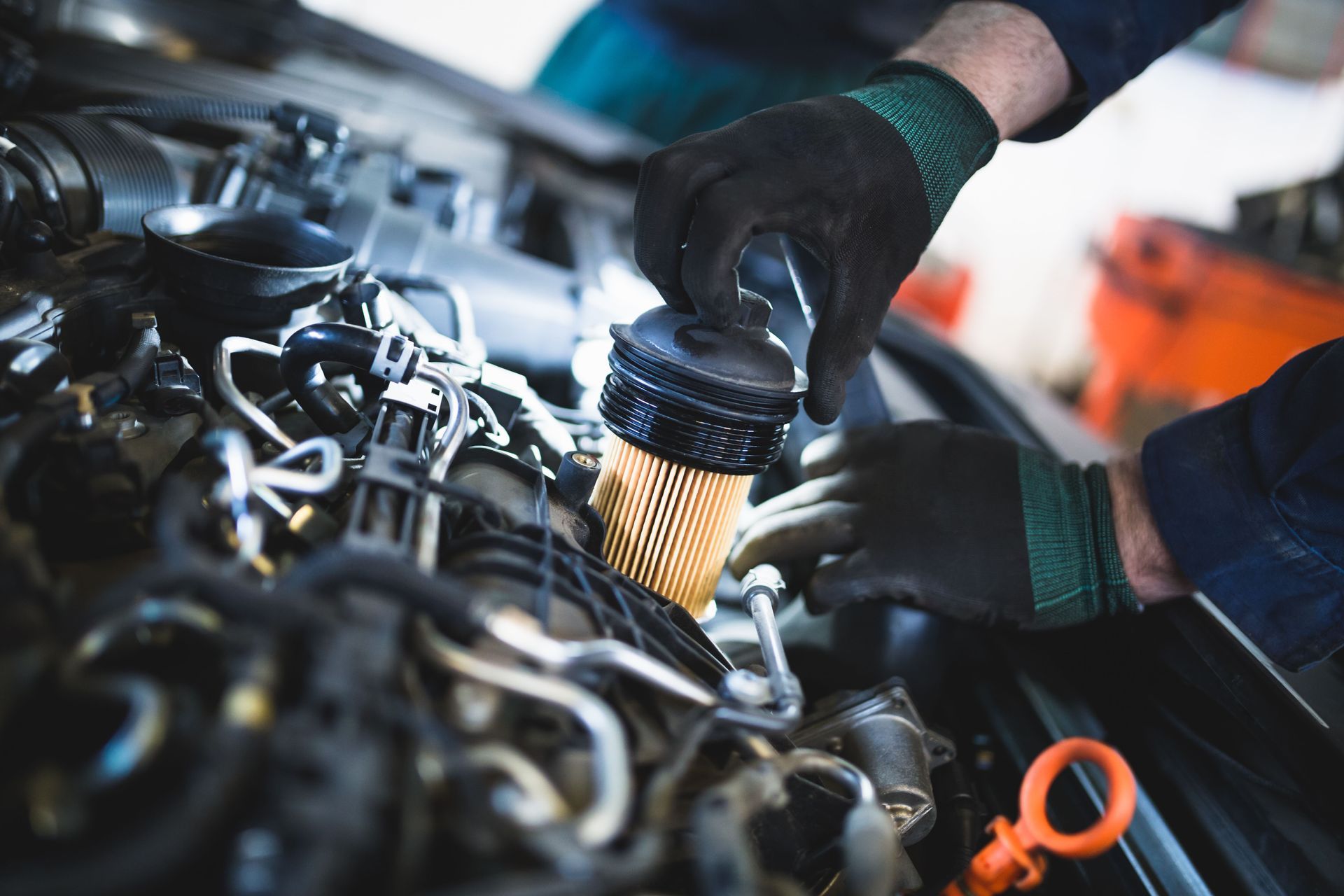
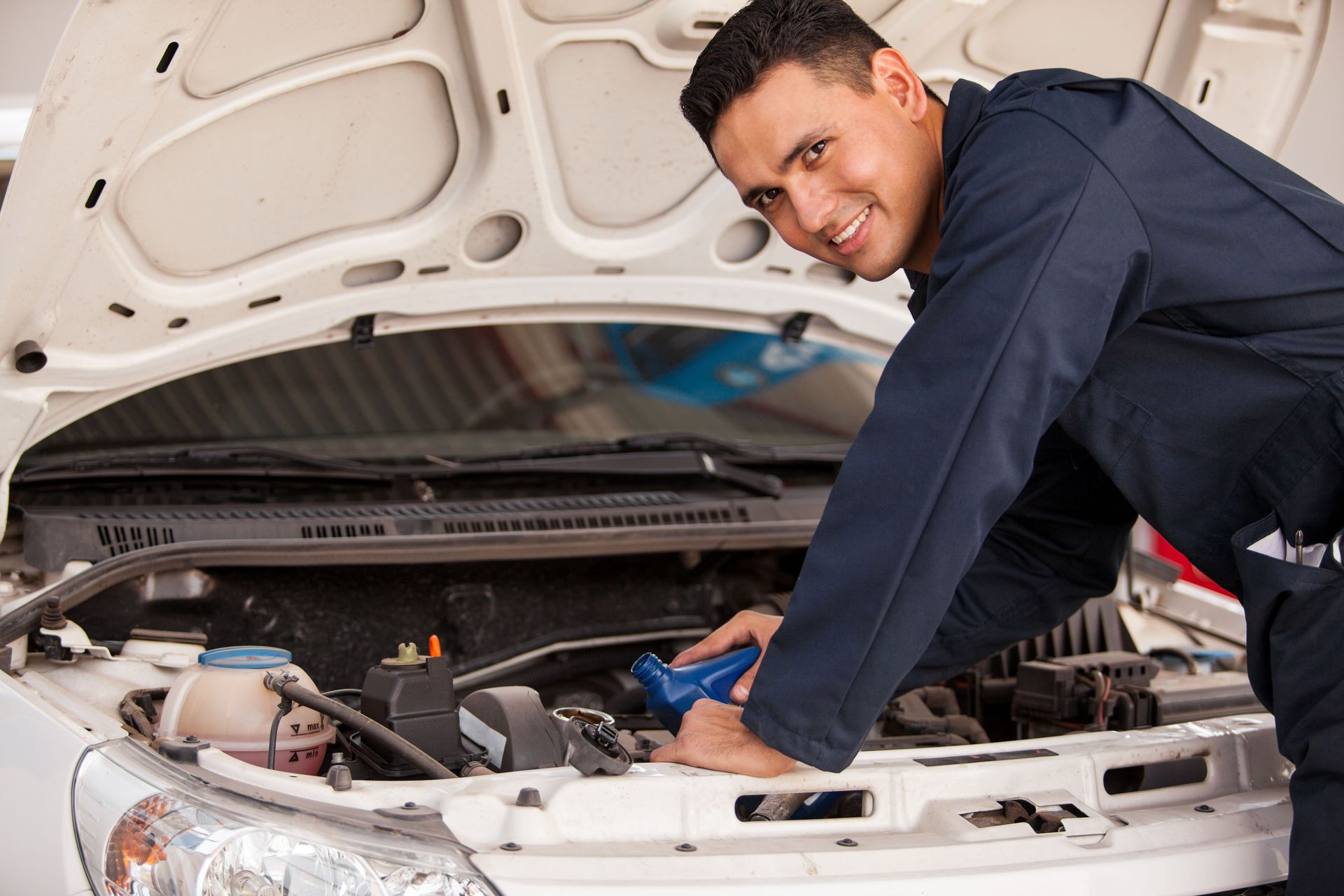
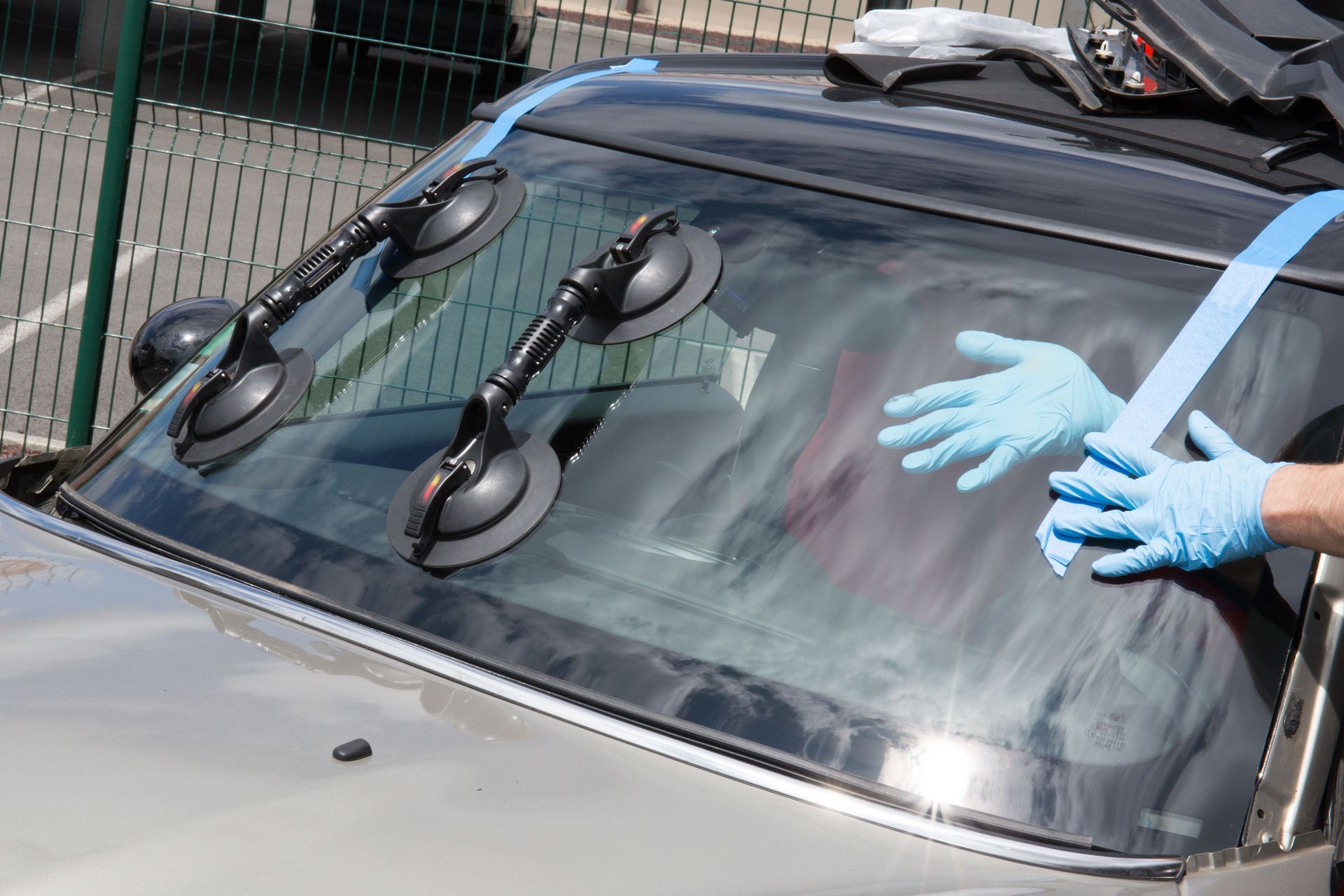
Share On: